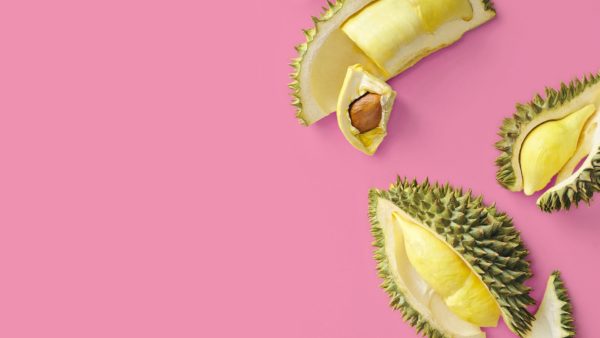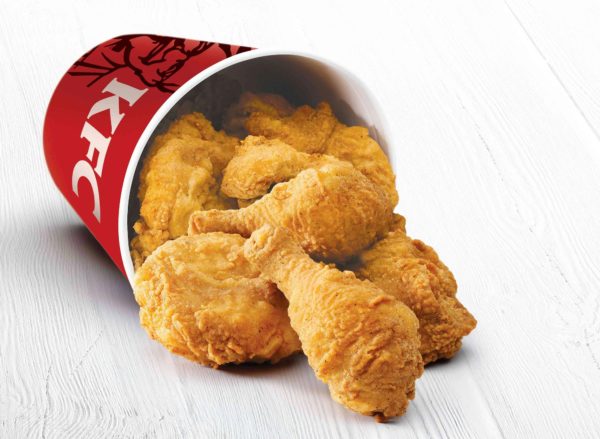Image by Free-Photos from Pixabay
Many people who are concerned about the impact of farming are opting for a pescatarian diet in the belief that eating fish is a more sustainable option. But, while that can be the case, it very much depends on both the fish and the fishing methods.
Sustainability
Demand for fish and seafood is increasing globally. According to a report by the UN’s Food and Agriculture Organization (FAO) fishing has already reached unsustainable levels. The FAO predicts that by 2030, fishing and fish production will reach an annual total of 201 million tons, an increase of 18%.
What are the problems?
Overfishing
One of the biggest issues is overfishing. It is a simple fact that if too many fish are caught, there will not be enough left to breed and replenish stocks.
Bycatch
This is what happens when other creatures are accidentally caught in the nets. These can include whales, dolphins, and porpoise, as well as turtles and sea birds. It is the direct result of certain modern fishing practices. Long nets called seines are dragged or towed and collect everything that happens to swim into them. Even worse is bottom trawling where the nets are dragged along the ocean floor. This creates an additional hazard because of the weight of the heavy trawling gear which can damage the ocean floor.
A more sustainable alternative is line-fishing. Not only does it reduce the amount of bycatch, but those that are caught can easily be released.
Fish farming
Although fish farming might sound like a solution, it brings its own problems. Most significant is the fact that farmed fish need to be fed. Demand for farmed fish leads to the depletion of the species used to feed the stock. In addition, serious issues have been raised about the conditions of those employed in fish farming.
If stocks of seafood become depleted, we lose an important food source. It could also make us more dependent on meat. And that, of course, creates its own problems for the environment. As well as that, around 60 million people depend on the seafood industry for their livelihood. The majority of these workers live in low and middle-income countries.
Is there an alternative?
You might be thinking by now that this means you ought to give up eating fish but don’t worry. Fish are an excellent source of protein and other nutrients and fortunately, there are ways you can still enjoy them in a sustainable way. Here are some suggestions:
- Eat a wide variety of different fish and try some you might not have eaten before.
- Keep informed about which varieties are being overfished and which are more sustainable. There are plenty of resources online which can provide useful and up-to-date information
- Read the label: you can find out a lot by reading the labels in the supermarket. Look out for those marked with the MSC charter mark. This means that they are approved by the Marine Stewardship Council. The MSC is an international organization that oversees and monitors fishing practices. The MSC label means that the product meets the MSC standards for sustainability.
- Buy local: If you live near or are holidaying in a fishing community, take the chance to sample some locally caught produce from small local suppliers. It is likely to be fresher, more sustainable and probably cheaper than what you find in a store.

Despite the rather gloomy forecast for our oceans, our choices as consumers can make a difference. With a bit of thought and research, it is still possible to enjoy fish without worrying that the food on your plate is contributing to the problem.





